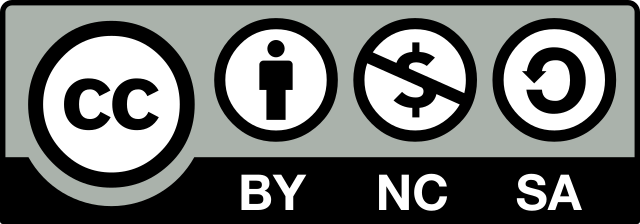Subject Area
Dermatology
Article Type
Original Study
Abstract
Background Alopecia areata (AA) is a common, clinically heterogeneous, autoimmune T-cell-mediated, nonscarring hair-loss disorder. Many researchers hypothesize that several components of the retinoic acid metabolic pathway are present in the hair follicles of healthy controls. The pathogenesis of AA may be related to increased serum retinol-binding protein-4 (RBP4) level. Objectives To evaluate RBP4 level in serum obtained from patients with AA in comparison with controls and detect its relation with severity of alopecia areata tool score and recurrence of disease. Patients and methods The study included 52 AA patients (26 AA first episode, 26 patients with recurrent alopecia) and 26 patients in the control group. Results RBP4 was significantly elevated in serum level of AA patients in comparison with serum level of controls (P < 0.001), but there was no significant positive correlation between serum RBP4 and severity of alopecia areata tool score. Conclusion AA was associated with increased serum levels of RBP4 in comparison with controls. These results suggested the role of RBP4 in the pathogenic process of AA.
Recommended Citation
Hagag, Magda M.; ElShaer, Ola Abd El-Raheem Ahmed; and El-Naidany, Sherin S.
(2022)
"Serum level of retinol-binding protein 4 in alopecia areata: relation with recurrence and severity,"
Menoufia Medical Journal: Vol. 35:
Iss.
2, Article 26.
DOI: https://doi.org/10.4103/mmj.mmj_236_21

 Attribution-NonCommercial-ShareAlike 4.0 International (CC BY-NC-SA 4.0)
Attribution-NonCommercial-ShareAlike 4.0 International (CC BY-NC-SA 4.0)



